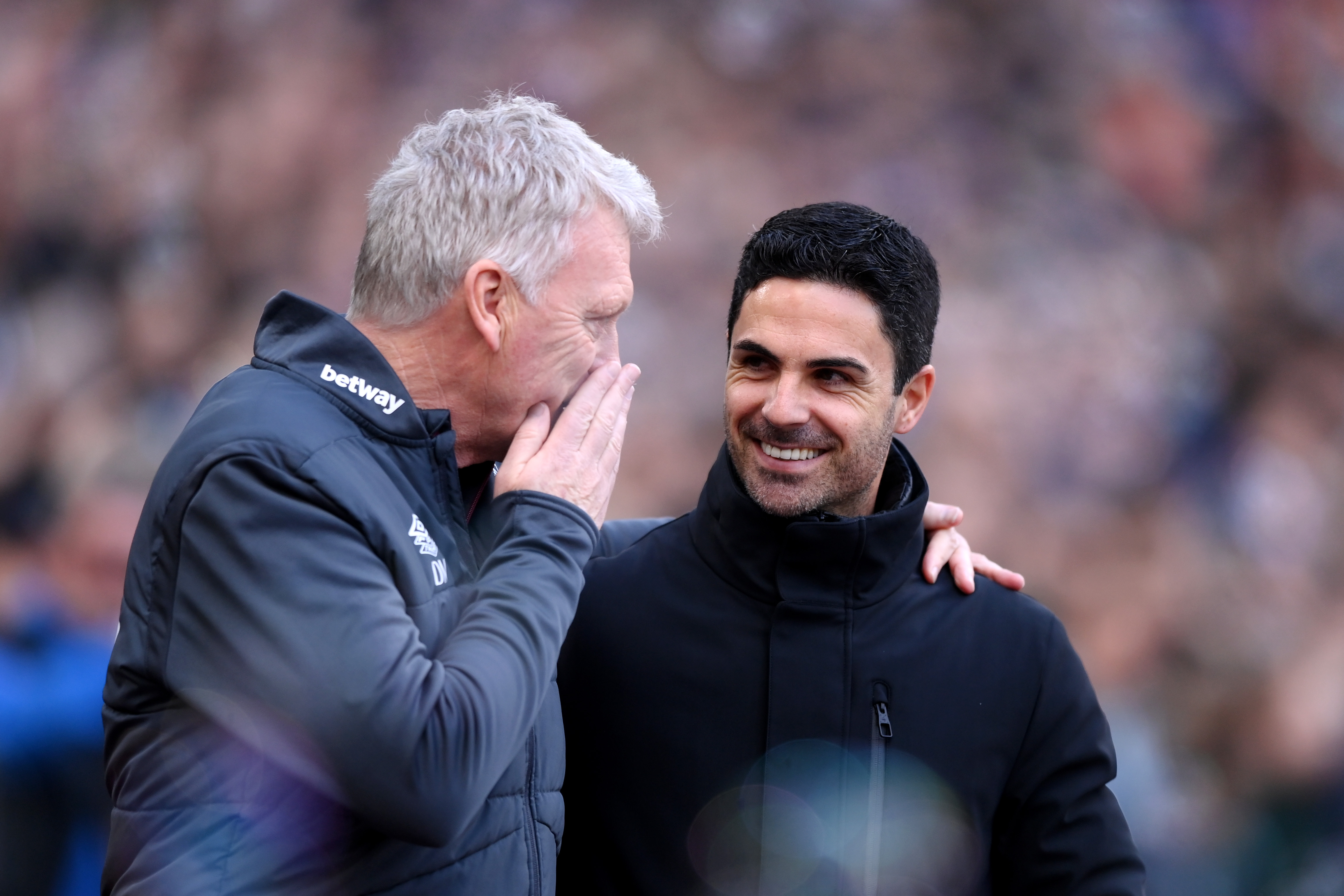What happens next for Bayern Munich and Uli Hoeness?
Alima Hotakie looks at the life and times of Bayern Munich's former president and chairman Uli Hoeness, in the wake of his conviction for tax evasion...
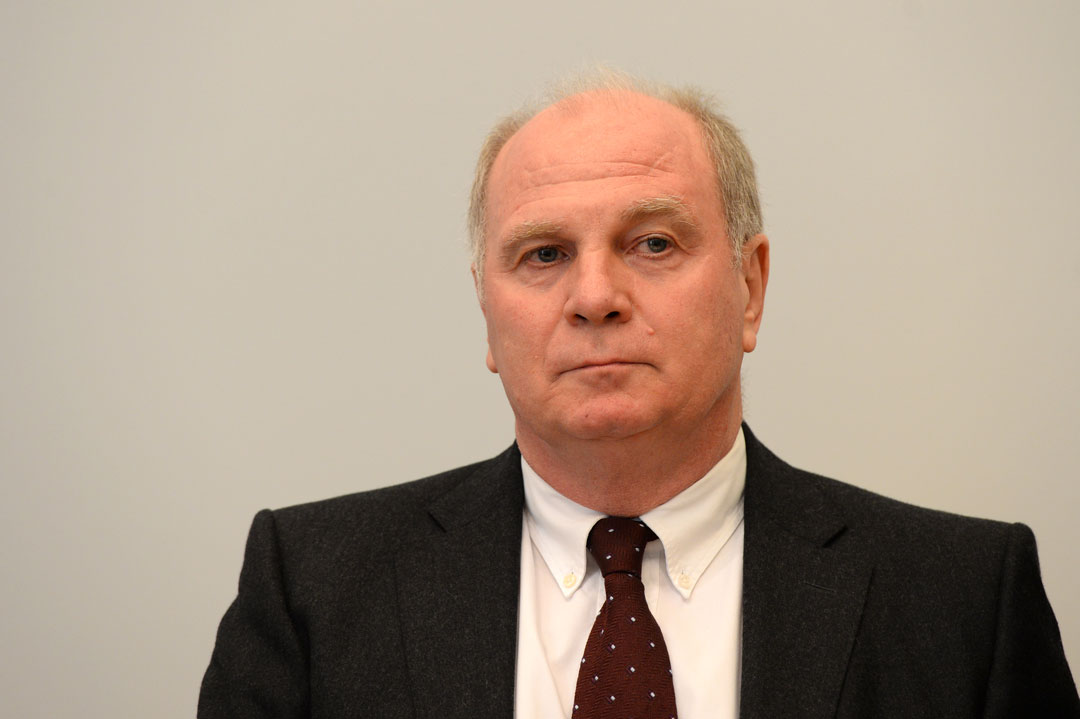
The departure of Uli Hoeness has left a power vacuum at one of the world’s most successful football clubs. It’s not a physical void, now that Karl Hopfner is slated to take over, but a spiritual loss of one of Bayern Munich’s most successful leaders.
Coverage of the former president's fall from grace and four-day trial swamped German airwaves and newspapers. The country eagerly awaited his verdict. At the end, Hoeness was sentenced to three-and-a-half years in jail. He'll serve his time inside 'Hitler-Knast’ (Hitler’s Prison), the same Bavarian detention facility the former German dictator was sent to in 1924, and where he supposedly started writing his book Mein Kampf.
Acceptance
German judicial law would have made a successful appeal very difficult, and Hoeness chose not to challenge and serve his sentence instead. He also stepped down as president and chairman of the club’s supervisory board.
Of course, it's not how the 62-year-old imagined his future. Back in 2001 he didn't even seem interested in the Bayern presidency. He'd rather have dedicated time to a more noble cause and toil away in a country devastated by war.
"I can imagine a lot. But I'd like to maybe work for a quarter of a year in Afghanistan and help with the rebuilding," he said.
Yet it’s Bayern that he continued to serve. His success and contribution to the club is nearly immeasurable. In numbers alone, comparing past and present, the club had a turnover of 12 million (Deutsche Mark) when Hoeness first made the jump from player to general manager in 1979. Upon his exit, Bayern are sitting on more than €400 million.
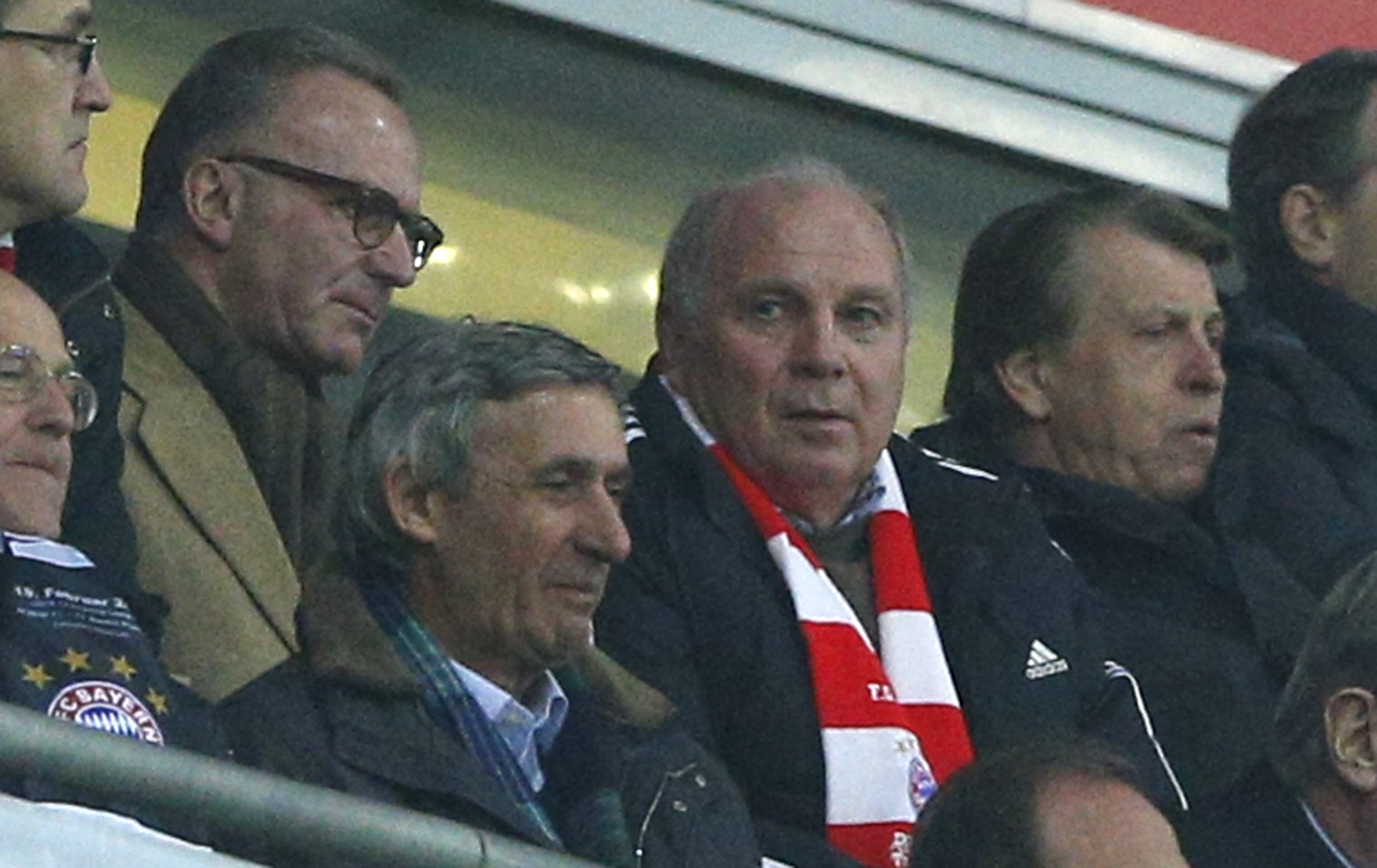
But football isn't just a numbers game. Hoeness brought brand value to the club. He built an image and model with his business-savvy ideas. His understanding of marketing attracted many commercial sponsors and made the club what it is today without the help of Arab or Russian billionaires.
He saw opportunity in everything. It's a gift he's had even as a child; his early adventures included trying to sell crystal rocks with his brother. His knack for maximisation didn’t stop. In the 1970s he became an underwear model and even tried to sell his wedding to the media, not to mention the successful sausage company he co-owns.
But it wasn't until he turned Bayern into a stable and consistent profit machine that he garnered the respect of those in the higher echelons of society. Even the German Chancellor Angela Merkel and members of the CDU would ask Hoeness for financial advice.
The best features, fun and footballing quizzes, straight to your inbox every week.
Twist of fate
It's hard to envisage where the German side would be today had it not been for the fateful knee injury that ended Hoeness’s playing career. A short but highly successful vocation saw the former German international win both the World Cup and European Championship. He also won consecutive Bundesliga and European Cup titles. But it all came to an abrupt halt at the age of 27.
At the time of his appointment as the club's general manager many thought Bayern president Wilhelm Neudecker was insane for hiring a man so young and without experience. Even for Hoeness it was a tumultuous period. Years later he said there were days he had trouble sleeping due to the level of responsibility he was carrying on his shoulders.
But Hoeness’s work ethic and ambitious nature has always distinguished him from the rest. Once, when a young Hoeness was sent by his mother to camp in a different city, he refused to miss his youth football game and ended up riding his bike all the way back to his hometown Ulm, some 60 kilometres of dedication. Surely any club will miss a man of such determination, resilience and sacrifice - it's the sort of passion that can't be bought or honed.
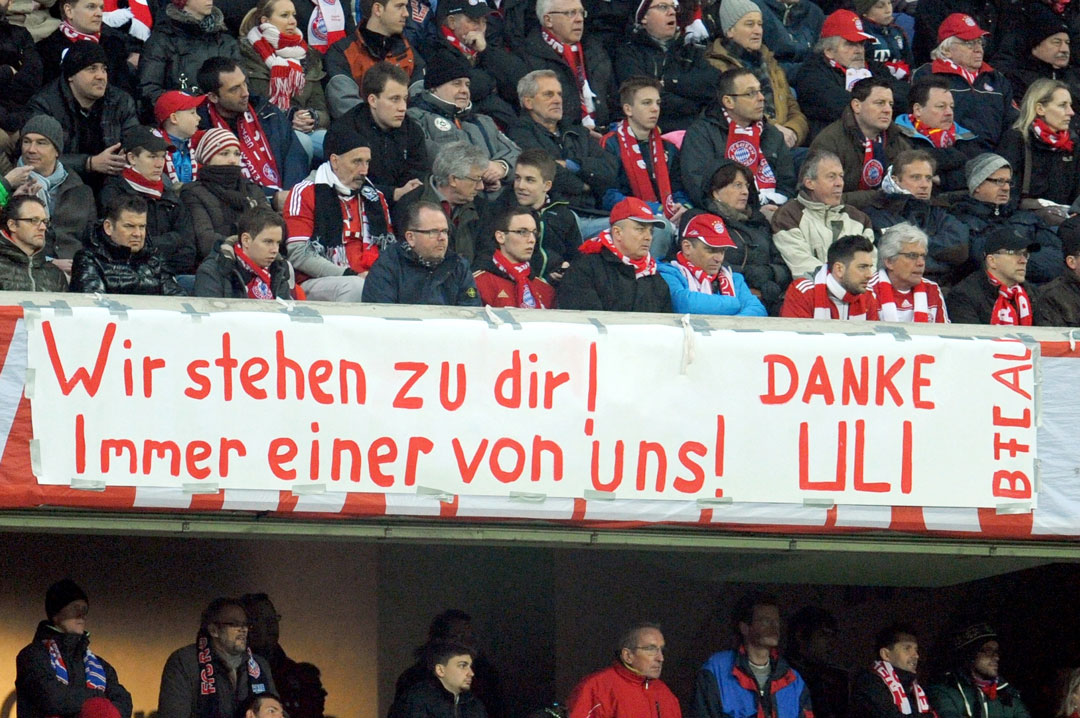
New beginnings
While the club's board of management has nominated Karl Hopfner as their new president (subject to a vote on May 2 in a general meeting) and Adidas CEO Herbert Hainer as the chairman of the supervisory board, it appears Hopfner was somewhat pushed into the position and his desire to lead doesn't come from a place of sincerity, but more one of necessity.
"I didn't imagine it this way. I'm really doing this for FC Bayern, because I have the club to thank for so much. One can't say no in this not-so-easy situation," said Hopfner.
Although candid, Hopfner gives the impression that he really doesn't want the role. But gratitude compelled him to accept, for the short-term at least. That said, a like-for-like replacement of Hoeness is highly unrealistic. He was an exception. He was the club and the club was he, the sort of president that was deeply involved and a very active participant. He had a say in many aspects of Bayern's affairs and often had the final word. It remains to be seen if Hopfner will match that level of involvement or prefer to delegate instead. There's also the possibility that Karl-Heinz Rummenigge will step up and compensate in Hoeness's absence.
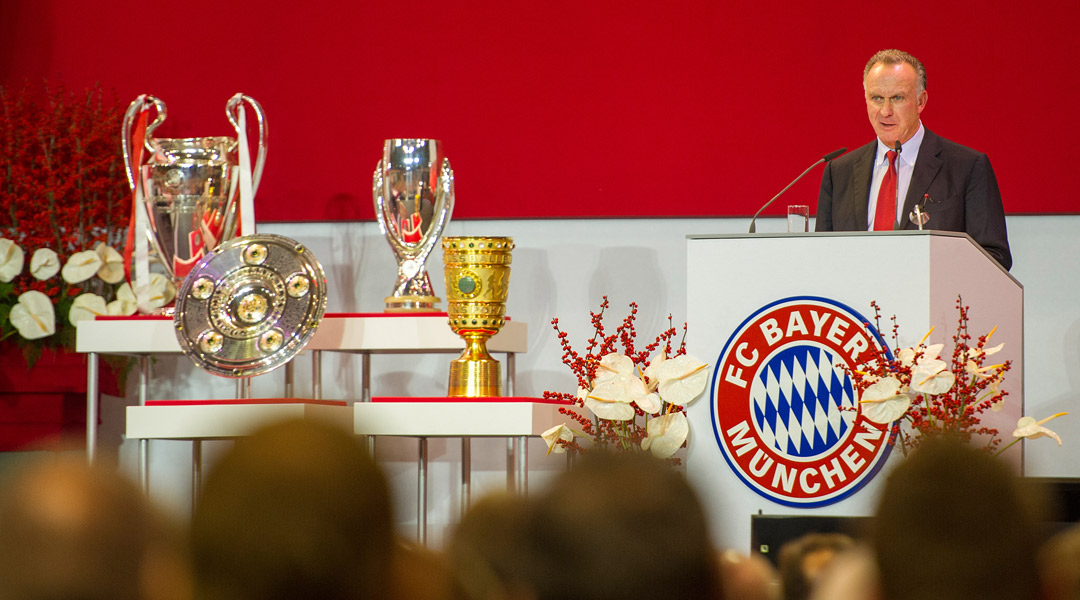
As for Hoeness, we'll never know the rationalisation he used for committing his white-collar crimes, or how he reconciled the two worlds. But his life has always been about survival and challenges. Rising from the ashes it's what Hoeness does best. He survived a plane crash back in 1982 and admits the near death experience changed his outlook on life.
While described as emotional and brash, those who have played for him speak of a gentler side, including former German international Michael Ballack, who was at Bayern from 2002 to 2006.
"Hoeness is very success-oriented and at the same time he's not able to forget the human component," said the former Chelsea midfielder. "That stuck with me. Not only how he cared for the players but also for the entire club."
Despite his motivation for evading taxes, there's a lot of sympathy and forgiveness from his supporters and former players. It's easy to see why. In a profoundly ironic way he's a humanitarian and has been very charitable throughout his life. He supports countless organisations and, like the rest of his behaviour, the contradictions in his actions and words will never cease.
"I actually don't have fun in making more money, to have more," he once claimed. "But the biggest fun and happiness was to start sharing that happiness with others. When I can help someone with my money and do them a favour, someone who isn't so well off, then suddenly I have fun again."
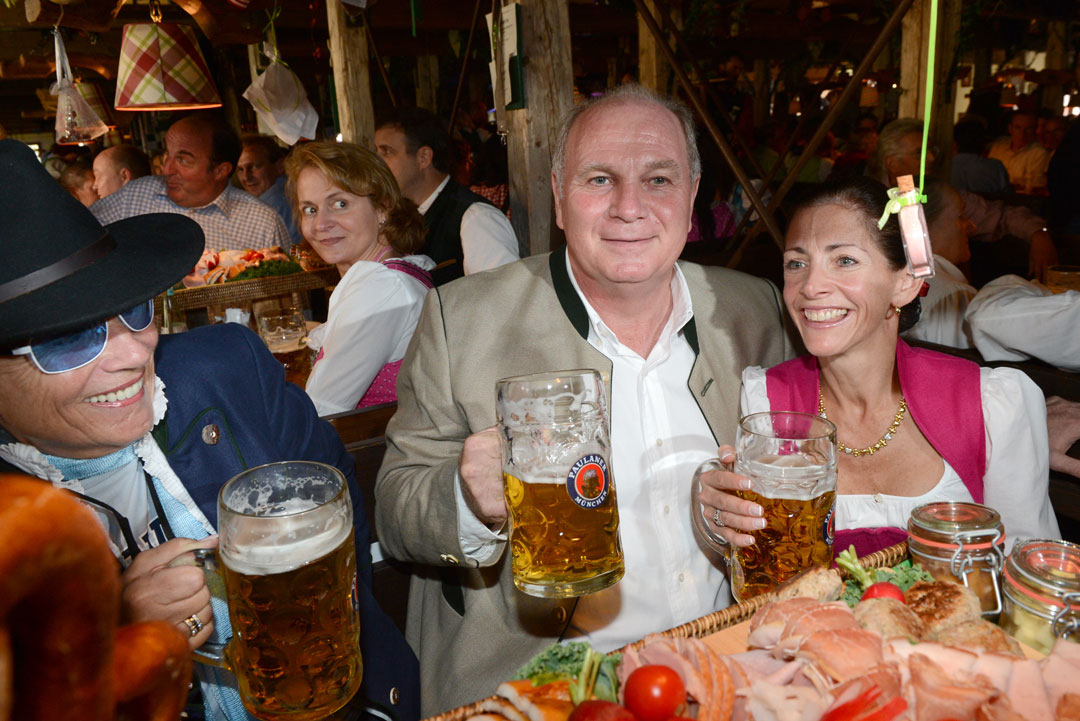
It's not just formal aid to recognised charities he offers; Hoeness just as easily helps friends and former players in need. There's the well-known support he provided Gerd Müller to help him overcome his struggle with alcoholism, but there are also players he's helped who had far less prestige.
Lars Lunde is one such player. Hoeness took the former Bayern player under his wings after he survived a serious car crash, was in debt and without a dime to support himself. Hoeness didn't simply write him a cheque but allowed Lunde to stay under his roof until he recovered. Till this day Hoeness's wife Susanne says Lunde became like a third child to them. As for Lunde, he's now a nurse and attests if it weren't for Hoeness’s support he wouldn't be where he is today.
Even Mehmet Scholl once said there is probably not a player who has anything bad to say about the 62-year-old. Scholl himself said Hoeness is a very direct person - he doesn't cut corners and speaks his mind. He once told the former midfielder that he had the body of a 13-year-old and behaved like a child, but in that same conversation expressed his interest to extend Scholl's contract at Bayern.
Two sides
It's these mutually opposed statements and feelings that make Hoeness. While it adds to the man's complexity, Hoeness is a walking contradiction and perhaps always will be. Just like the money he donates to charities from speeches on economic and social responsibility, while his own personal finances are in disarray. Or the time he played the moralist, and the cocaine affair with arch rival and former Bayer Leverkusen coach Christoph Daum was born.
But karma will eventually catch up. Over a decade ago Hoeness was accusing Daum of leading a double life; today it's him in the hot seat, stashing money in a Swiss account and gambling on stock and currency markets while vocally expecting football clubs to follow Financial Fair Play. No one was aware of the secret Swiss account until 2012 when someone (whose identity remains unknown) told German magazine Stern that a top person in German football had a Vontobel bank account with millions of dollars in Switzerland.
Hoeness is very success-oriented and at the same time he's not able to forget the human component...He cared for the players but also for the entire club."
Only time will expose the extent and full transactions of Hoeness's crime. Some media, bankers and economists are even starting to question his official story. There's mystery surrounding the time his account had €150 million in it and where exactly that money came from, with a fair share doubting Hoeness could have made that much from trading currencies alone or from his sausage company. It’s believed Hoeness initially received five million mark from former Adidas CEO Robert Louis-Dreyfus back in 2001. The money was injected into his Swiss account and Dreyfus allegedly provided him with another 15 million mark loan. But it’s how he made so much from so little in a span of four to five years that continues to puzzle.
Perhaps this need for adrenaline or rush stems from something deeper. Hoeness’s gambling was probably more of an addiction. If that is the case, time in jail may serve him well, away from all the stimuli.
Furthermore there's still the possibility the courts may grant him day release. The club, of course, have said they'll welcome him back with open arms. Even Pep Guardiola can't wait to work with Hoeness again. In what capacity he'll return remains unknown, but Hoeness is better off working on his own demons right now. For all his flaws there's no denying his value at Bayern. But with the truth unfolding, just how fitting his acts are at a club that takes pride in its squeaky clean image, not to mention the club's commercial sponsors, is of equal importance.
Hoeness himself once said friendships aren't as important as respect in business. With his credibility compromised in light of the recent scandal, a distant relationship may serve both the individual and the collective. He's done enough for the club and left behind a sustainable financial model. It’s up to Bayern to execute it without him now, and a test both need to pass.
